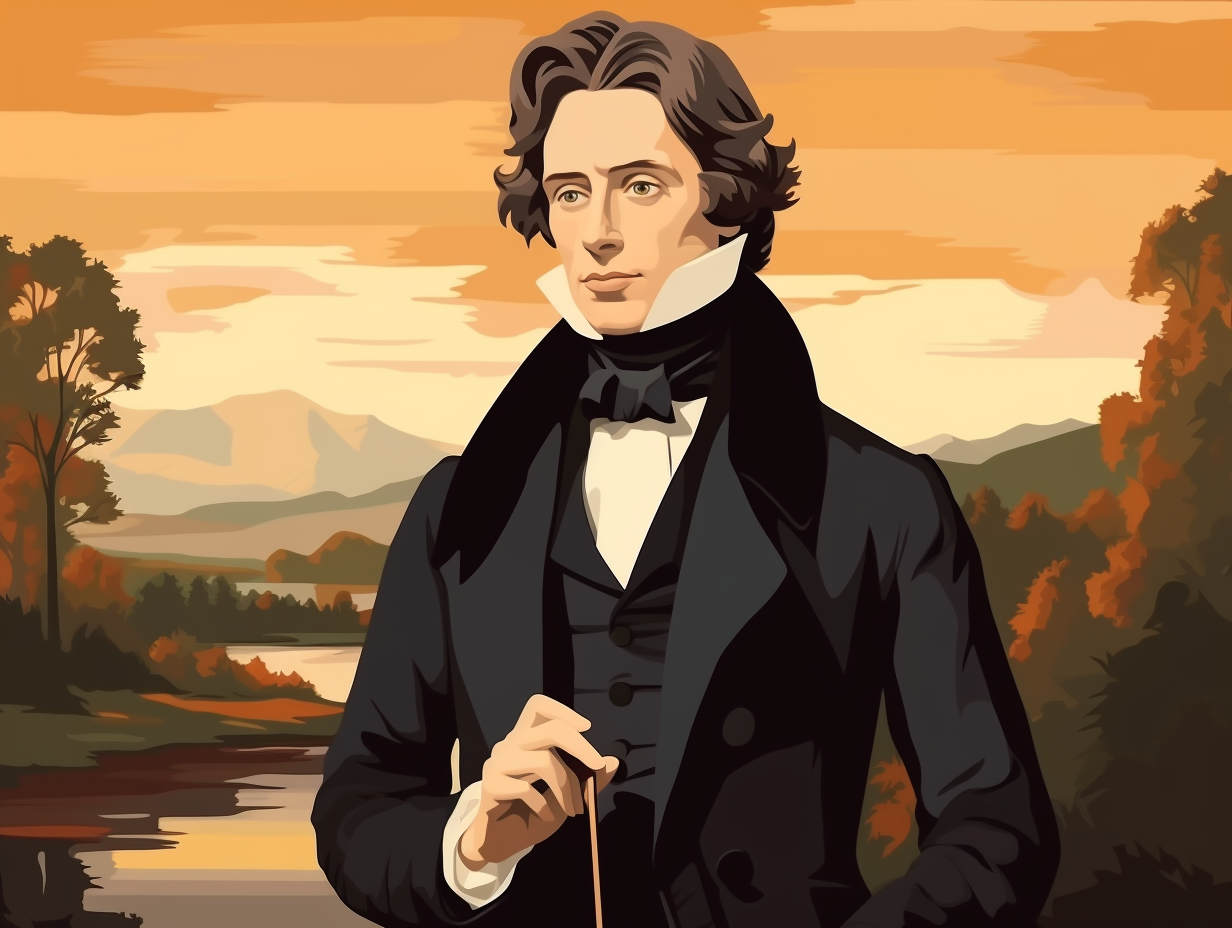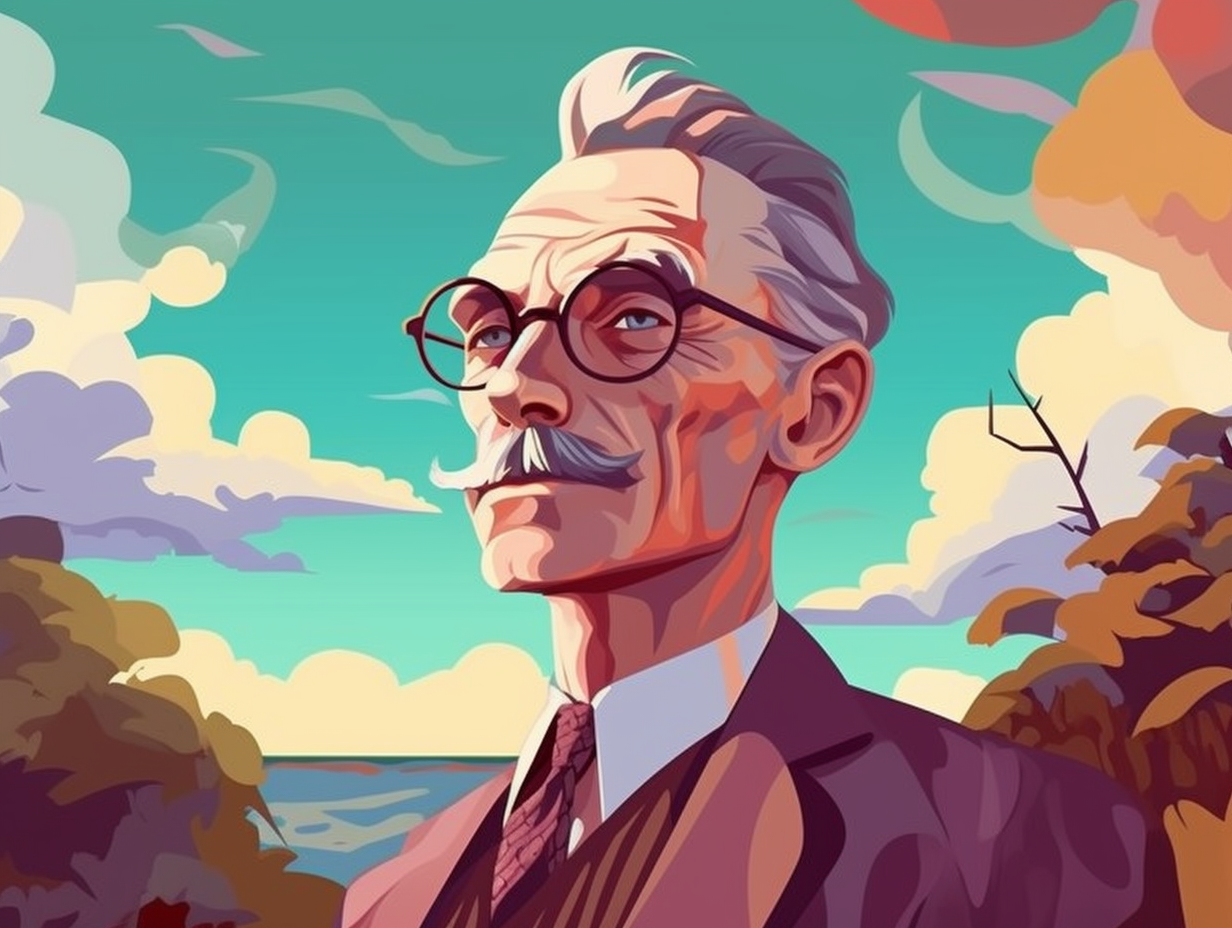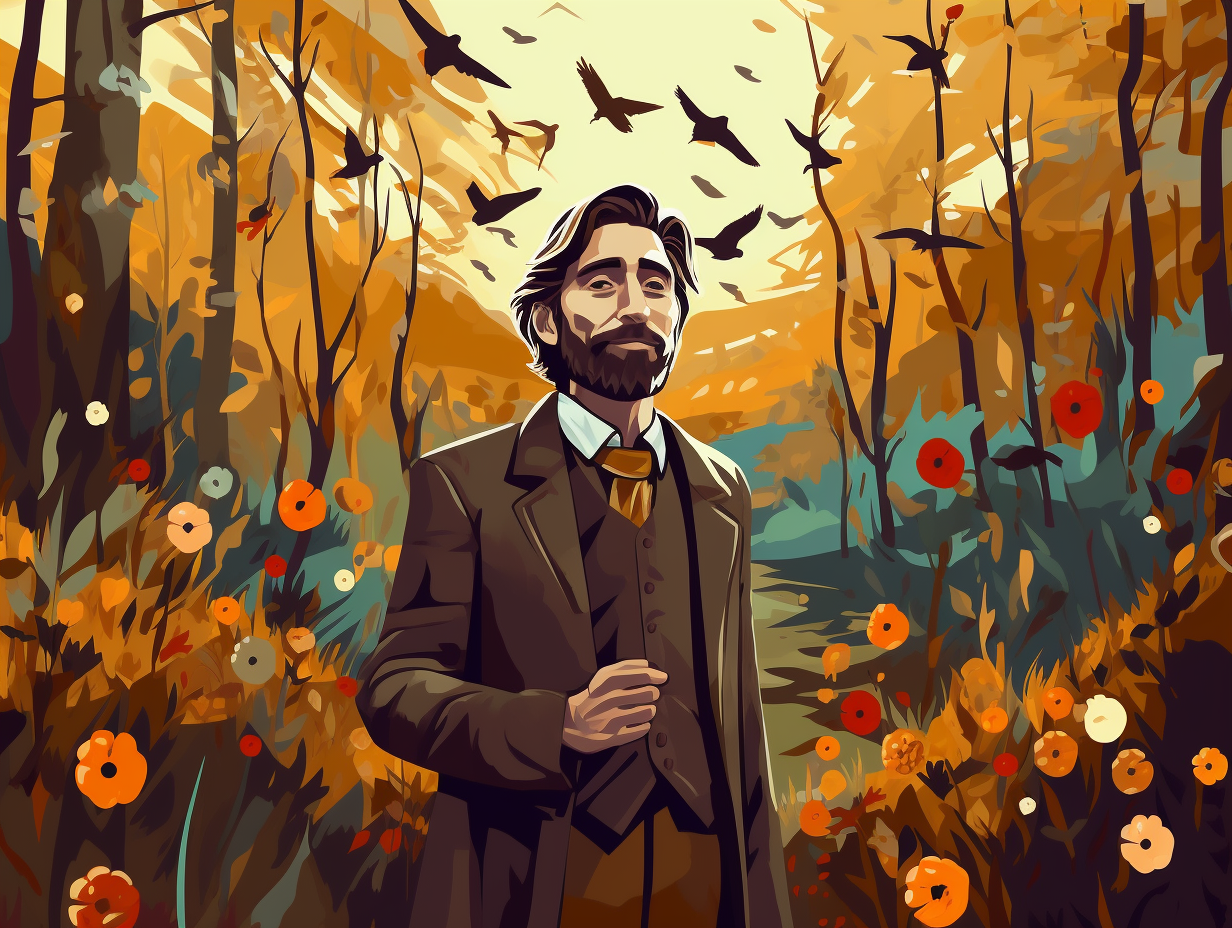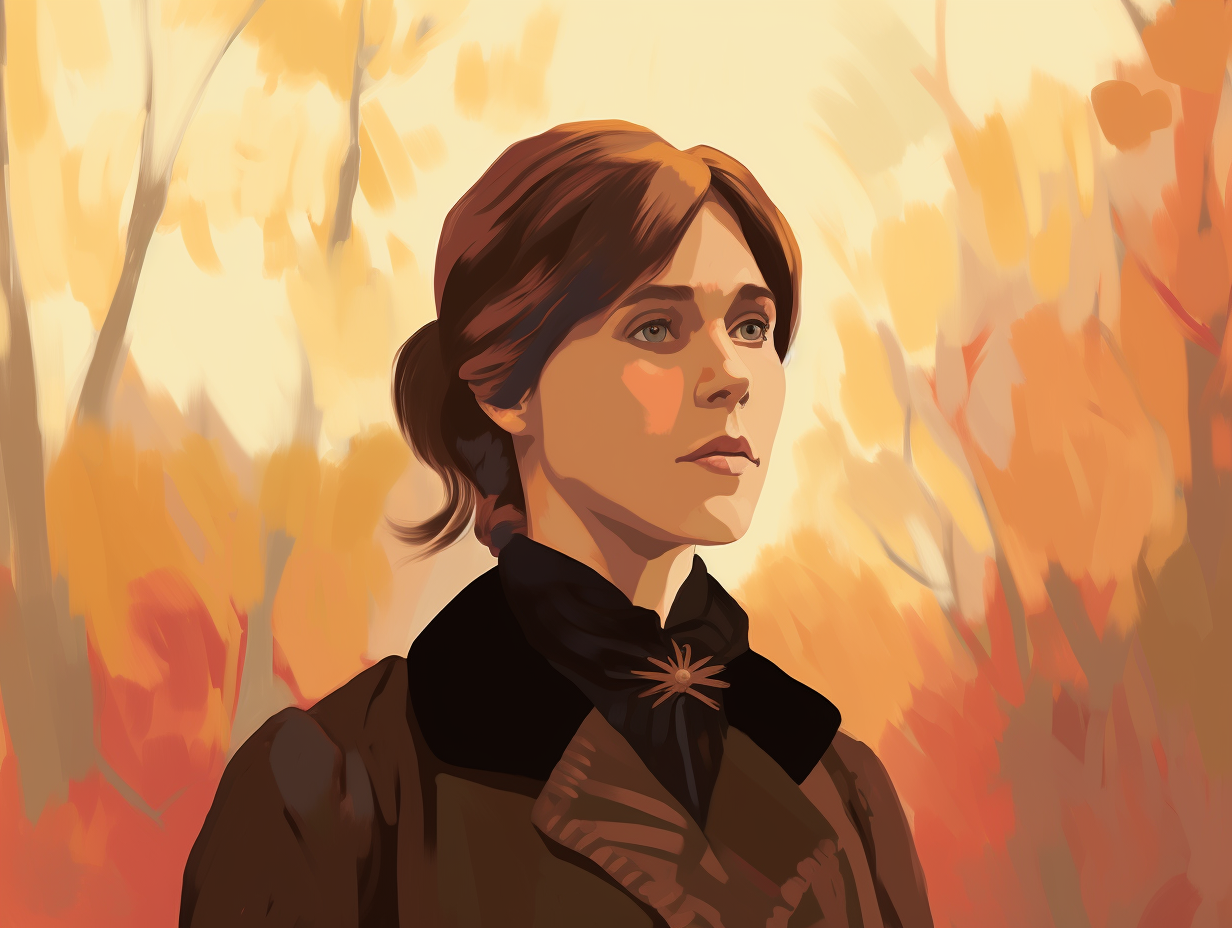Discover the Quirky Side of a Literary Legend: 11 Fun and Surprising Facts About Mark Twain
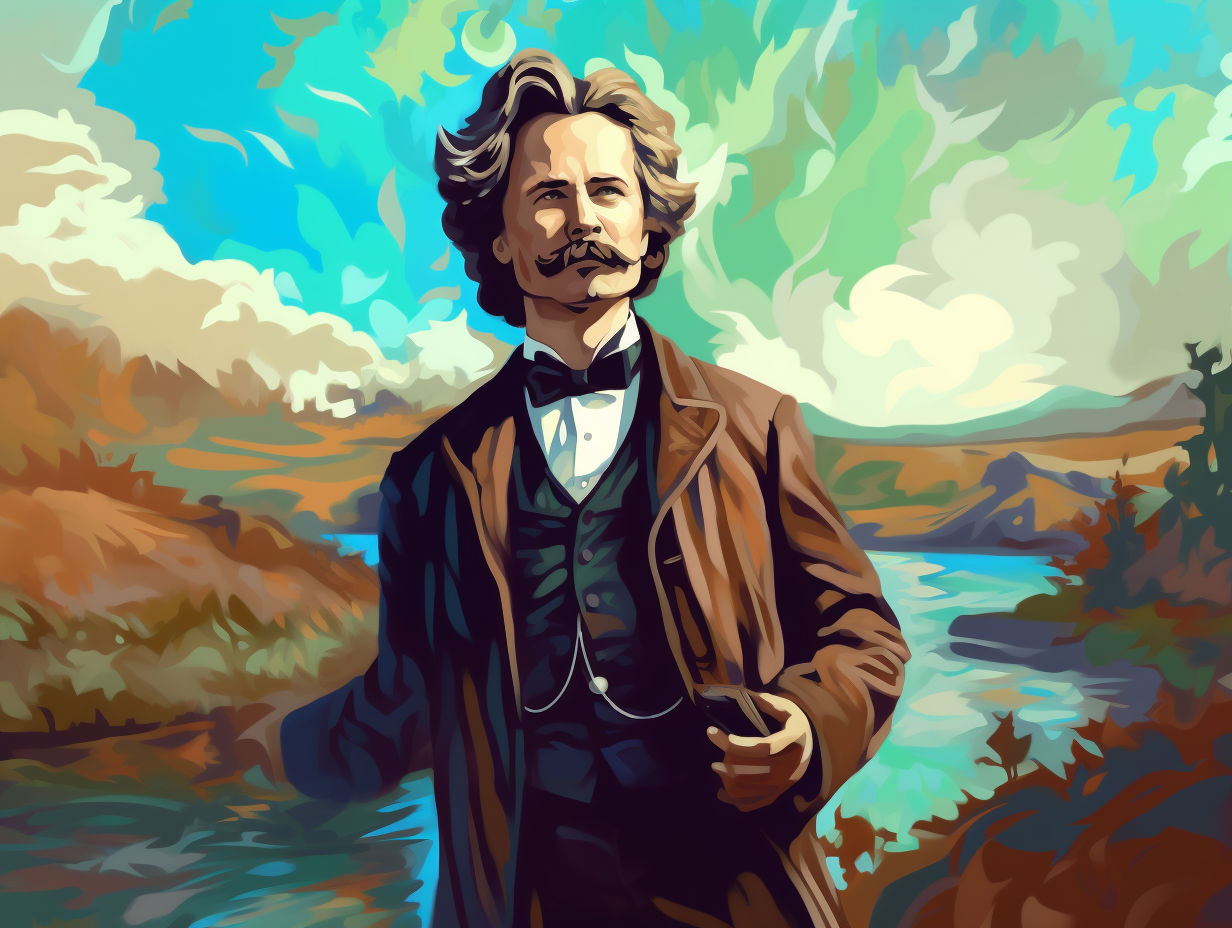
1. Steamboat Pilot Pen Name
Before penning bestsellers, Mark Twain was giving depth a whole new meaning on the steamboats of the Mississippi, navigating the waters with the precision of a protractor and the deftness of a delicate submarine ballet: Twain immortalized his steamboat pilot days by adopting "mark twain," the riverboat call for safe water depth, as his iconic pen name.
Source => americaslibrary.gov
2. Patents and Pants
Before he was tightening the noose on literary giants, Mark Twain was just cinching up your pants: Twain held three U.S. patents, including one for an "Improvement in Adjustable and Detachable Straps for Garments," paving the way for a snugger fit, though the modern bra strap, while similar to his invention, didn't come around until after his patent had expired.
Source => pieceworkmagazine.com
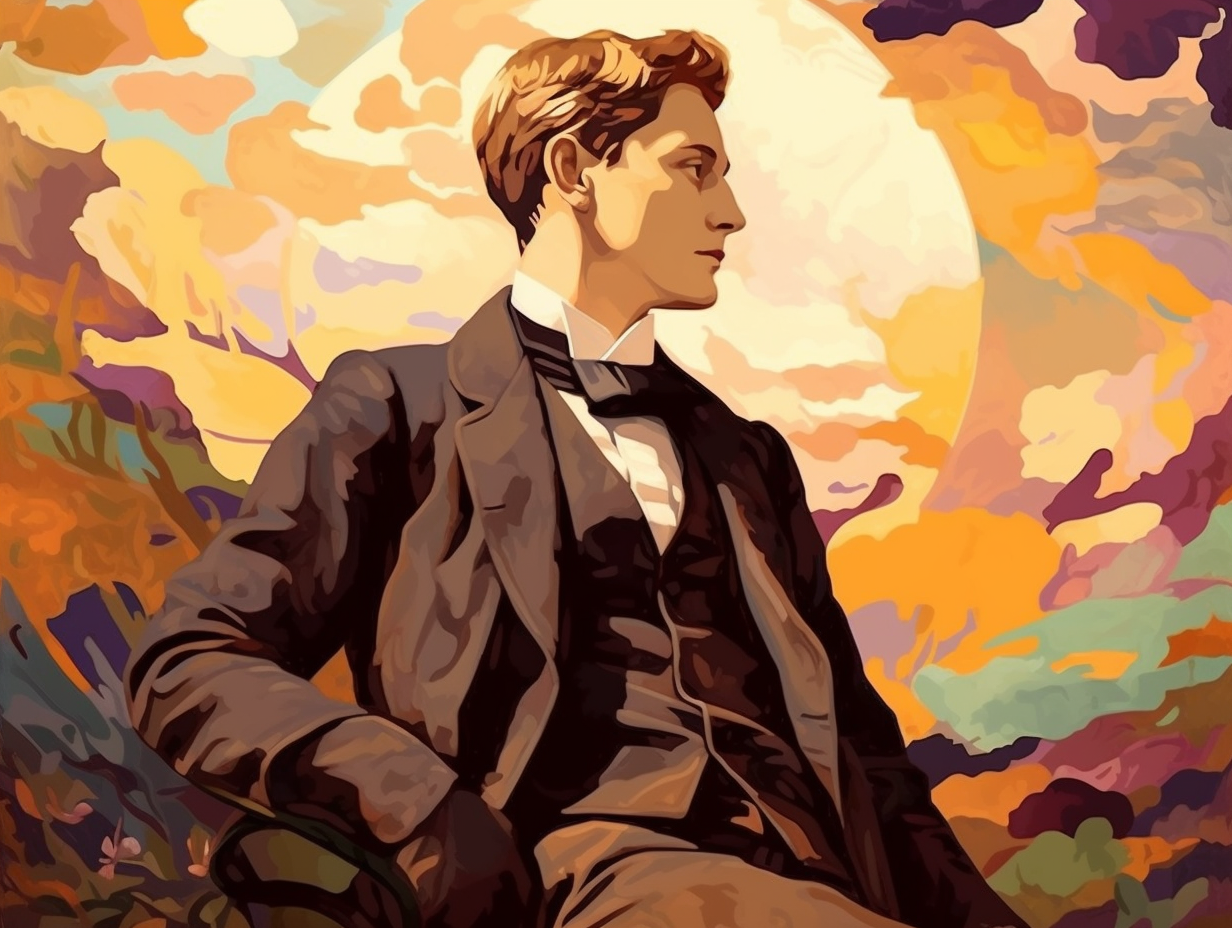
Did you know the renowned author O. Henry crafted some of his literary gems behind bars, using multiple pseudonyms to keep his true identity hidden? Discover the intriguing story behind this secretive wordsmith!
=> Fun Facts about O-Henry
3. Bicycle Adventures
Before training wheels and superhero helmets took over, Mark Twain was bravely testing gravity and keeping the chiropractors in business: Twain, the illustrious humorist, was a zealous bicyclist in the 1880s, mastering the precarious high-wheel contraptions of his day - all while wittily documenting his two-wheeled adventures without seeking publication, debunking the myth that he invented tricycles, and proving it's never too late to learn new skills.
Source => online-literature.com
4. Literary Cat Daddy
If Mark Twain's whiskers ever bristled at his own wit, it was in the company of a cat: Indeed, the revered author was an ailurophile who adored feline companions, showering them with praise for their cleanliness, cunning, and intelligence. Though the exact number of cats he shared his life with remains a mystery, Twain's passion for purring pals solidifies him as a literary cat daddy extraordinaire.
Source => tcpalm.com
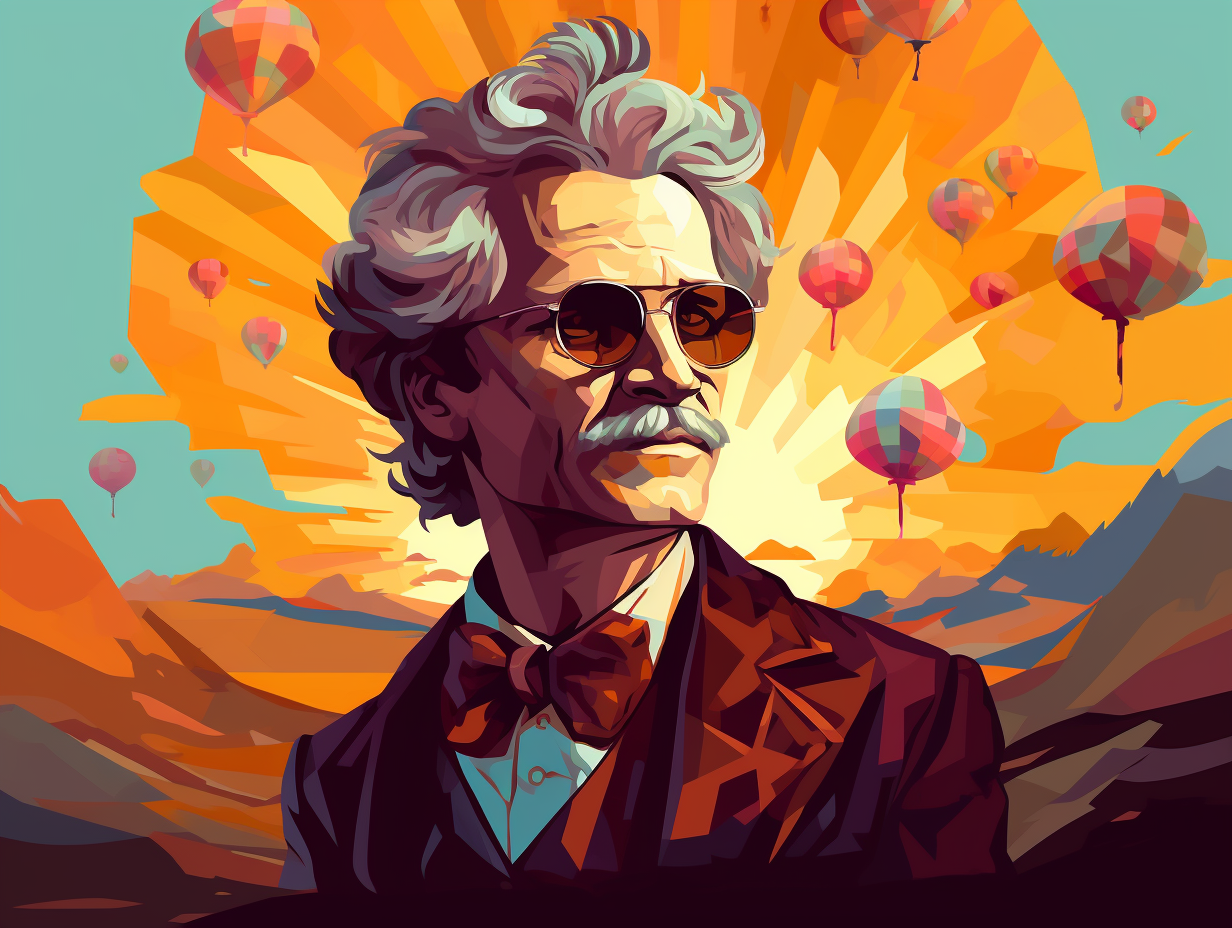
5. Froggy Fable Fame
In a ribbit-ing twist of fate that would leave any self-respecting amphibian hopping mad, Mark Twain found literary gold by gambling on a froggy fable: His hilarious tale, "The Notorious Jumping Frog of Calaveras County," catapulted him to nationwide fame as a humorist and short-story writer, inspired by a real-life bet on a frog-jumping contest during California's gold rush and an anecdote he picked up while mining in Angel's Camp.
Source => encyclopedia.com
6. River Depth Inspiration
Before making waves with words, Mark Twain was a sailor of a different sort, navigating a career that floated somewhere twixt flotsam and literary fame of the highest water: Our beloved Mark Twain started out as a steamboat pilot on the Mississippi River, earning his stripes as a cub pilot at age 21, securing his license in 1859, and maintaining his waterborne life until the Civil War forced a career change – hence the glorious wordplay we enjoy today, with "mark twain" signifying the depth measurements of two fathoms or twelve feet on the pilot's line.
Source => bancroft.berkeley.edu
7. Cosmic Comet Connection
Who says you can't schedule a cosmic appointment with fate? Mark Twain certainly took a celestial calendar to heart: Born during the perihelion of Halley's Comet in 1835, he predicted his own demise would coincide with the comet's return 75 years later. True to his word, Twain passed away just one day after its perihelion on April 21, 1910, ensuring the comet's blaze was matched by his own sparkling wit.
Source => cantonrep.com
8. Medieval Satire and Social Commentary
Before he was "trending" on the medieval Twitterverse and dabbing with the knights of Camelot: Mark Twain's "A Connecticut Yankee in King Arthur's Court" cleverly mocked feudalism, royalty, and even took a jab at capitalism and the Industrial Revolution, ultimately laying the groundwork for discussions during America's transition from the Gilded Age to the Progressive Era.
Source => en.wikipedia.org
9. Victorian Tech Investor
Who knew Mark Twain was a Victorian-era Silicon Valley investor, getting a taste of the dot-com bubble before it was even a thing? That's right, folks, this legendary satirist also dabbled in 'hot tech' gadgets of the 19th century: Twain eagerly poured his savings into the Paige Compositor, a dud-in-the-making machine that promised to revolutionize typesetting, only to leave our beloved author bankrupt. However, thanks to a financial lifeline from his friend Henry Huttleston Rogers, he ultimately came out on top, bounding back from the very Victorian equivalent of a failed tech startup investment.
Source => fictivestina.wordpress.com
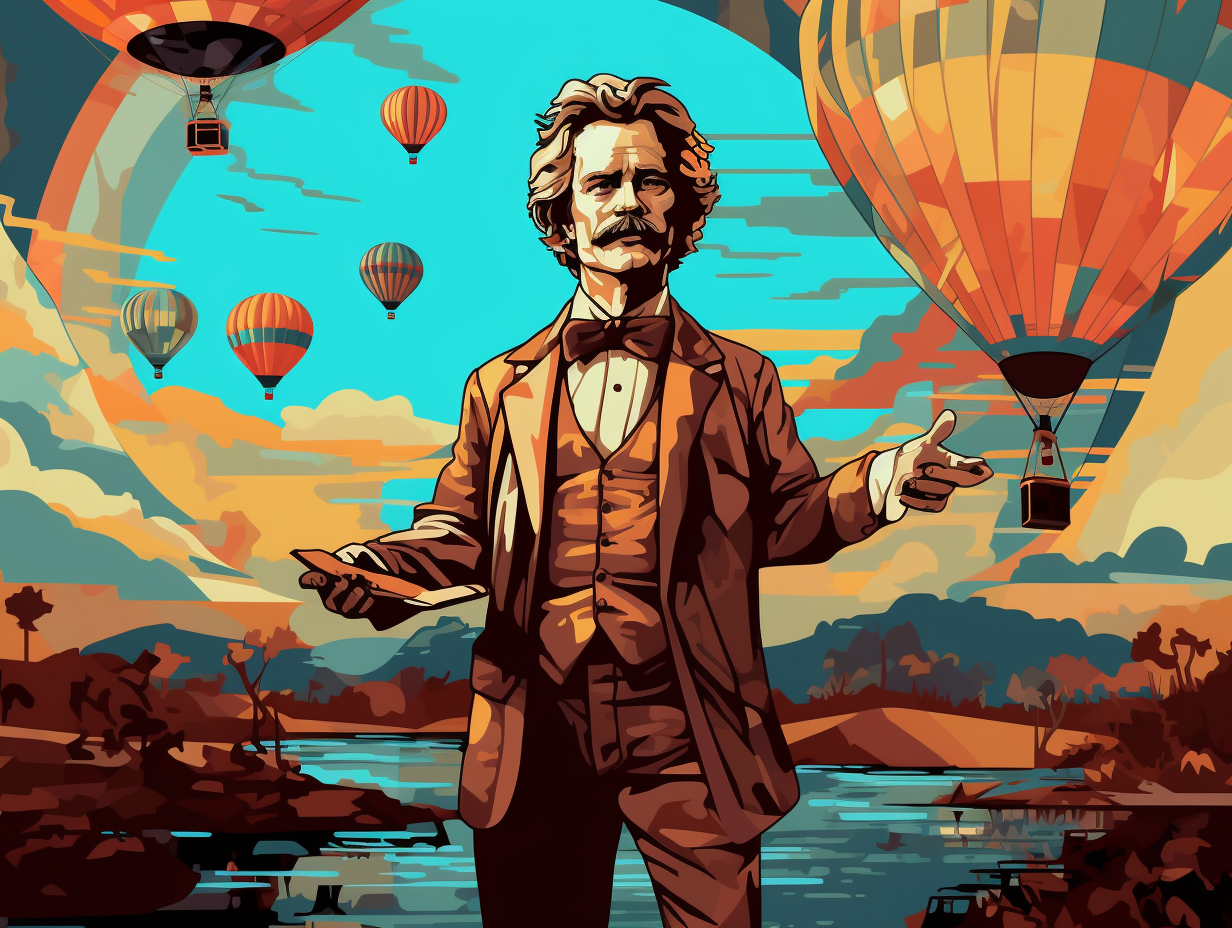
10. Typesetting Teen
Before Mr. Twain penned his way into America's heart, he was literally setting the stage for his own mischievous brand of storytelling, one type at a time - and if you think italics are fun, wait till you see his musings: Mark Twain started his career as a typesetter at the tender age of fifteen, learning the intricacies of printing and newspapers under his brother's watchful eye, unknowingly cultivating a skill that would catapult him into the ranks of America's most beloved writers and revolutionize the literary scene of the nation.
Source => themarginalian.org
11. Heartbreaking Losses
While Mark Twain often made his readers feel like Huckleberry Finn floating down the Mississippi with a fishing line in one hand and a piece of cornbread in the other, life threw him a curveball that caused some serious waves: After losing his only son, three daughters, and his beloved wife, Twain's sorrow was so overpowering that he developed angina pectoris, a heart condition that ultimately led to his death in 1910.
Source => documentarytube.com
Related Fun Facts




